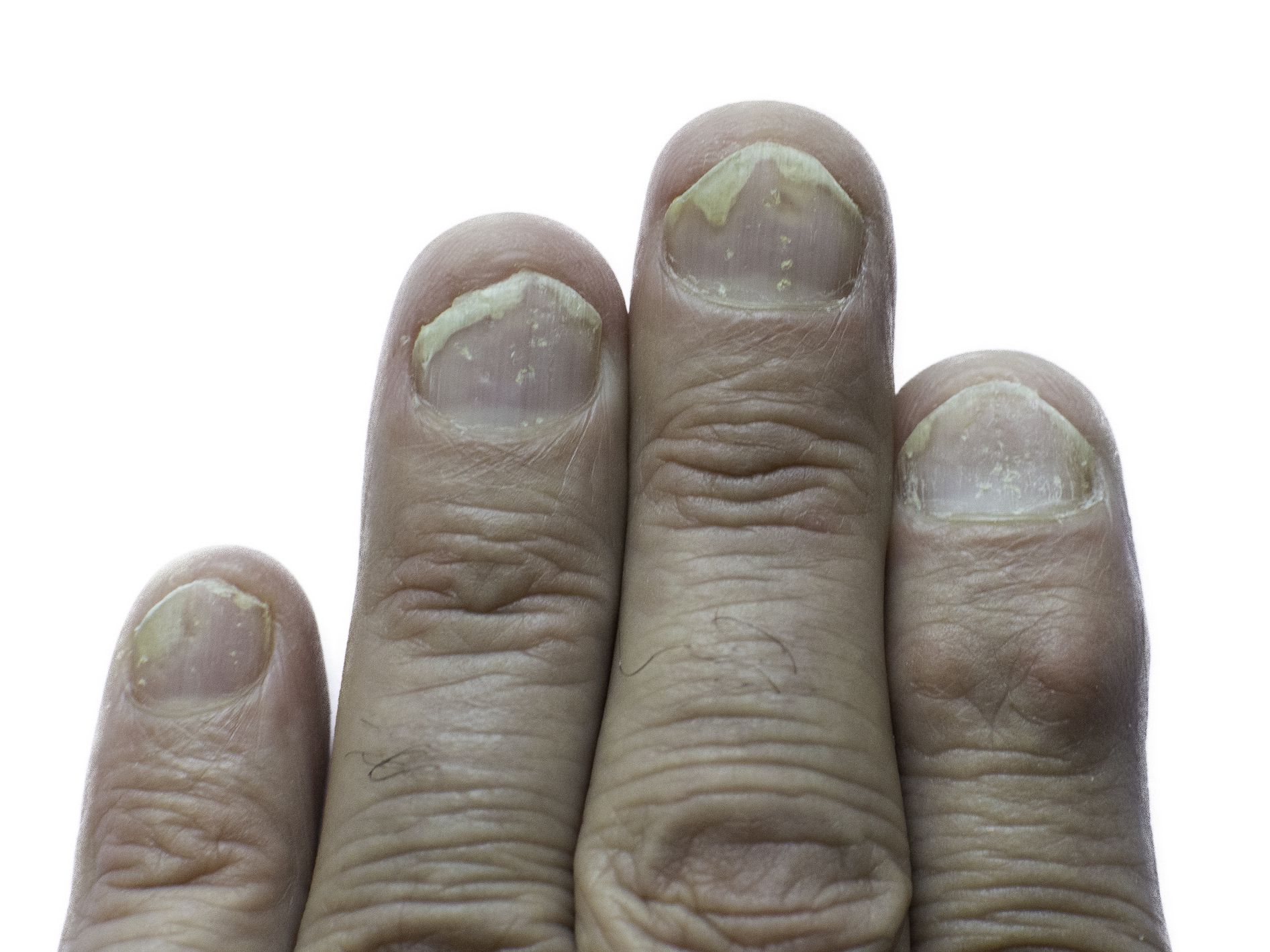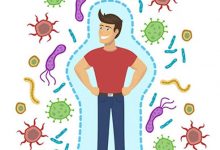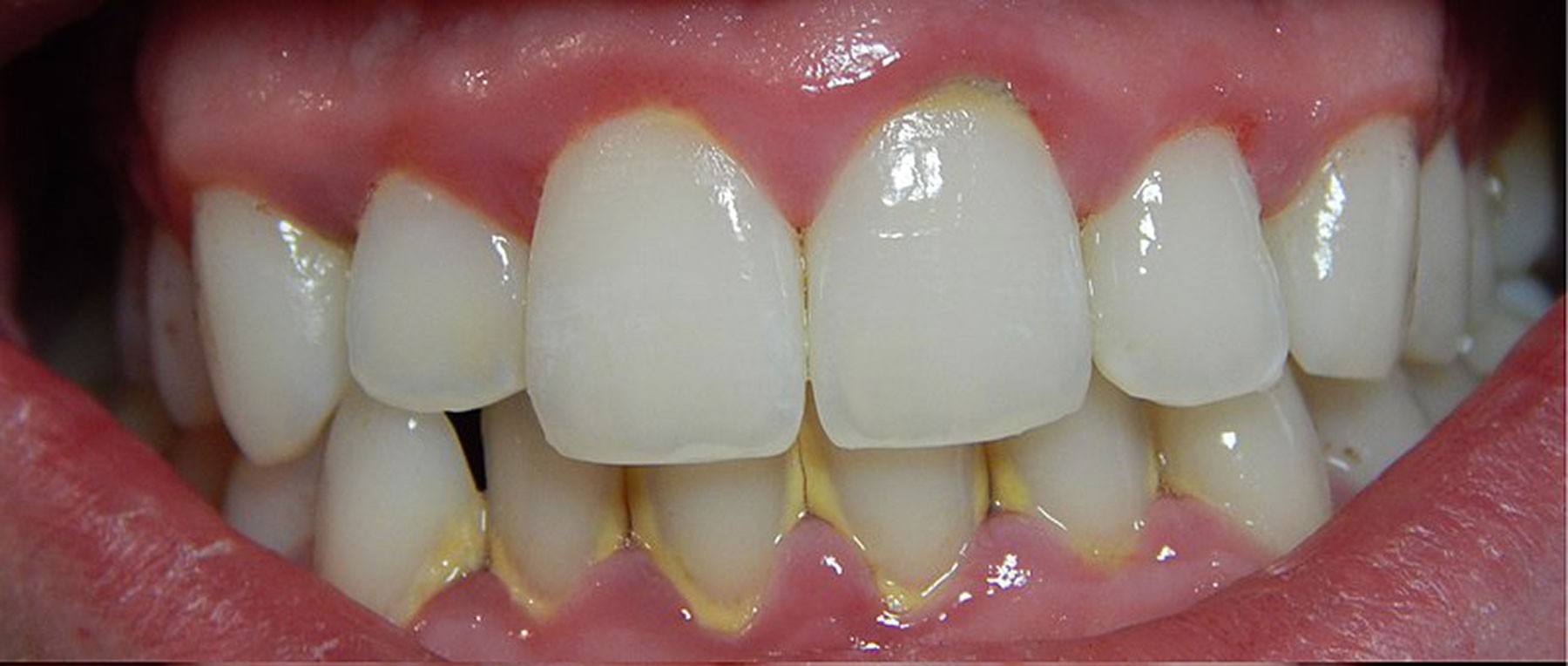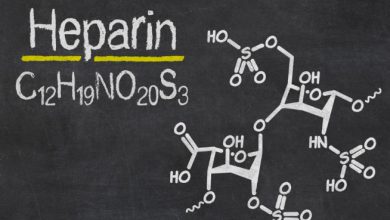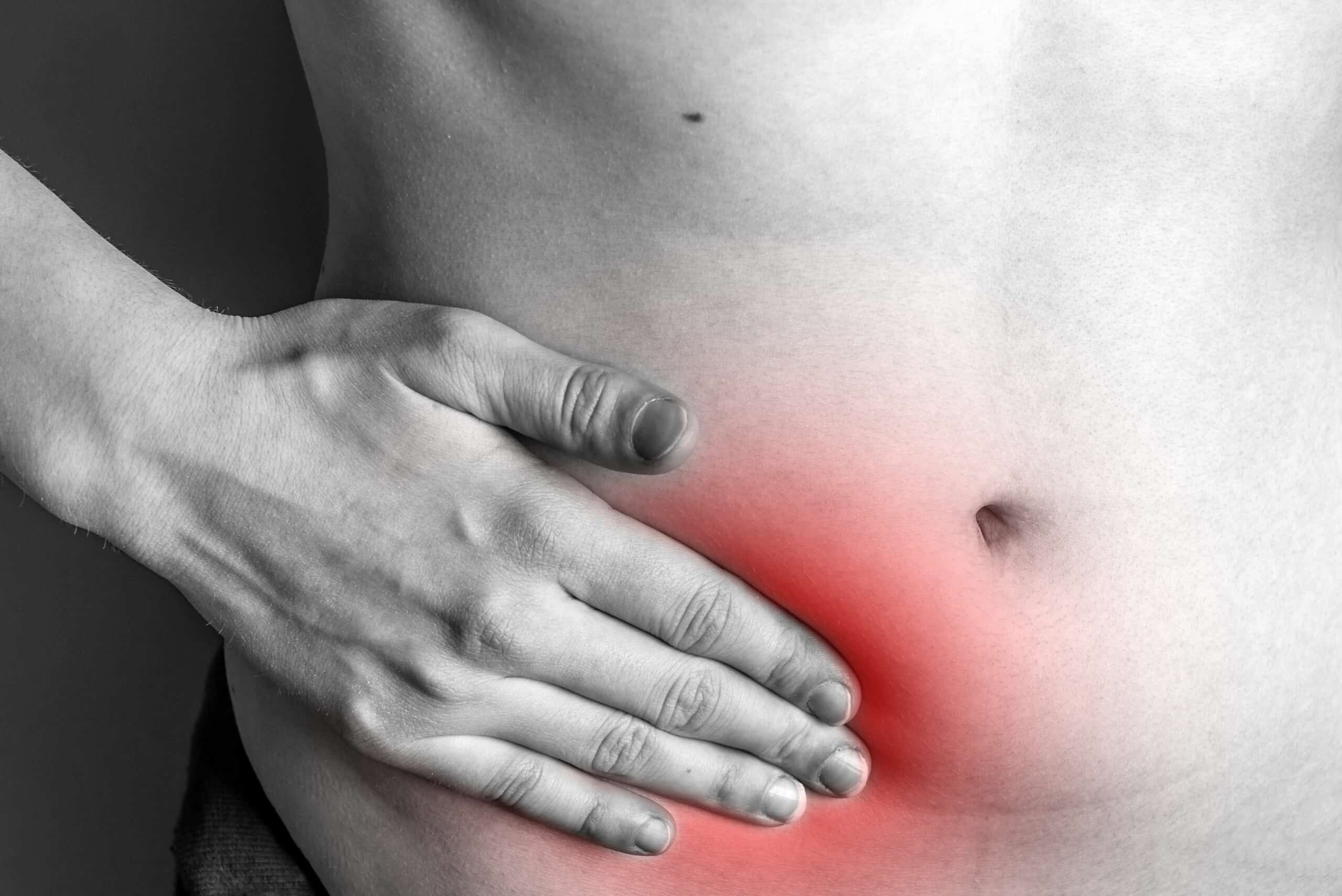What are the types of heart pain, and what should be done?
Heart pain is one of the most common pains, especially in old age. Sometimes it may not be related to the heart and may be caused by another organ. All chest pains are essential and should be thoroughly checked out.
If you have severe heart pain, the best solution is to have a specialist assess your condition. You may feel pain in the chest from the neck to the abdomen.

Types of heart pain
Angina
the blockage of the coronary arteries, which supply the heart’s required blood caused by fat, cholesterol, and other substances, will lower the blood flow; therefore, you may feel pain or discomfort in the chest is called angina.
Characteristics of angina pain
Angina pain is more likely to occur during the activities such as climbing the stairs, running, or lifting heavy things and lasts for several minutes. Angina pain is felt as follows:
These pains are felt in the chest’s back and spread to the wall of the left side of the chest or the chest’s right side.
Feeling pain in the chest.
Feeling shortness of breath.
Feeling burning or pressure in the chest.
The pain may also spread to the arms, neck, jaw, or stomach.
Numbness and burning in the shoulder, arm, or wrist are other symptoms of this type of pain.
Angina pain usually resolves gradually after 20 minutes and improves with rest or pills.
Stable angina
If angina pain recurs for months or years and improves at rest, it is called persistent angina.
Why is angina pain significant?
Angina pain occurs due to reduced blood supply to the heart muscle. If we ignore angina pain and blood flow decreases further, we will have a heart attack. The doctor diagnoses angina pain by angiography, ECG, exercise test.
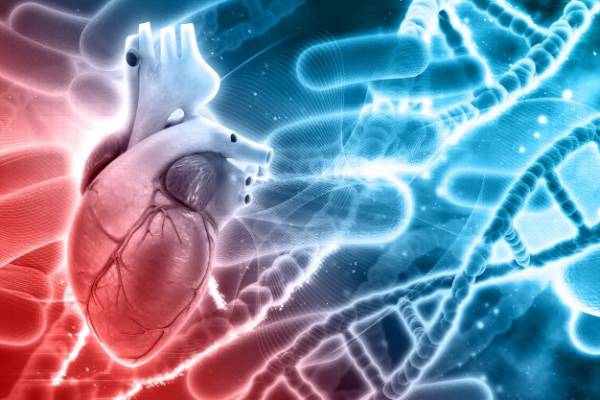
Treatment of angina pain
To reduce the pain, your doctor will prescribe nitroglycerin in small tablets under your tongue.
What can you do about angina?
Change your lifestyle.
Do not smoke.
Limit the consumption of saturated fat, trans fat, cholesterol, and sodium.
Control your blood pressure and cholesterol levels.
Avoid strenuous activity.
Relax and control stress.
See a doctor.
A heart attack occurs if blood clots in the heart’s arteries and the arteries that supply the heart muscle become blocked.
Aortic dissection
In this disease, the bilayer of the aortic vein separates, and blood penetrates this space.
Pericarditis
Inflammation of the lining of the heart causes heart pain. These pains occur when the patient is asleep.
Mitral prolapse
Mitral valve prolapse causes heart pain and causes excruciating pain, but it is not dangerous.
Heart fatigue when waking up ?!
Heart fatigue has no scientific meaning, and a person who wakes up with lethargy and weakness has mental problems and depressive symptoms, and his pain has nothing to do with the heart.
Symptoms of pain that are not related to the heart
Pain that occurs at rest and does not occur during activity.
Short-term pain that lasts up to a minute is temporary.
Pain that is felt in the back of the chest spreads to the left and is intensified by breathing.
People who have pain on the left side of their chest when they are angry, and this pain lasts for a day, and it is not heart pain.
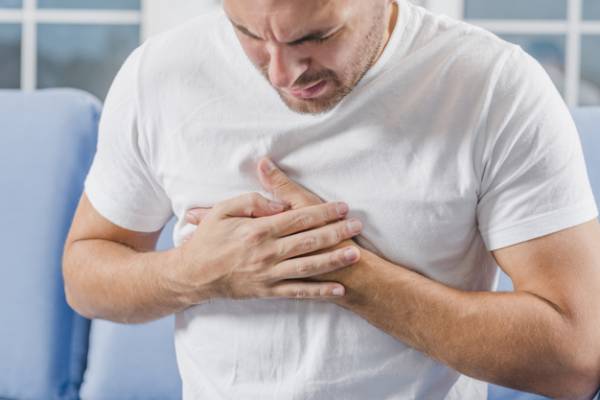
Other causes of chest pain
Digestive
Esophageal ulcers, gastroesophageal reflux disease, gastric ulcers, gallstones, and pancreatic discomfort can also cause discomfort such as heart pain in your body.
Some types of chest pain are associated with injury and other problems with the structures that make up the chest wall, such as pain:
- Costochondritis
- Muscular pain
- Damage to the ribs
- Lung problem
What should a person with heart pain do?
The person should see a doctor determine if the pain is related to the heart.
There are several treatments for heart problems. The doctor will diagnose you with paraclinical methods and will prescribe medication or angioplasty. Your doctor may use a stent to relieve the stenosis or relieve the stenosis with open-heart surgery.
Using paraclinical methods such as exercise tests, ECG scans, and echoes, the doctor may determine that the patient’s pain is not of cardiac origin.
Also Read:
24 home remedies to reduce fever


